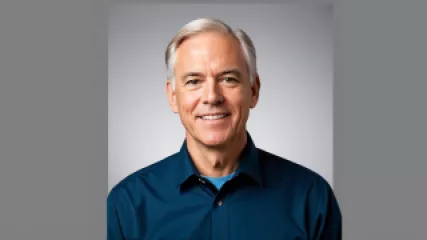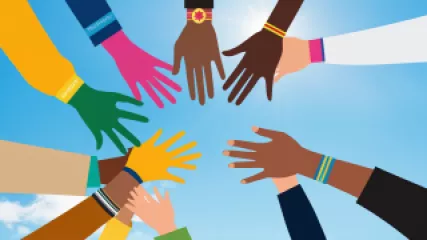10 Holistic Therapy Lessons from 'The Mindhunter'
1 year ago
Holistic Therapy
Why Self-Compassion Practices Can Change Your Life
1 year ago
Self Compassion Techniques
The Ultimate Guide to Healing and Moving Forward After Divorce
1 year ago
Dealing with Divorce
Unlocking Success: An Interview with a Behavior Management Expert
1 year ago
Behavior Management
The Ultimate Guide to Fostering Psychological Safety at Work
1 year ago
Psychological Safety at Work
Breaking Free from Gender Roles: My Journey to Self-Discovery
1 year ago
Gender Roles in Society
Ultimate Guide to Improving Social Skills
1 year ago
Social Skills
Understanding Mental Health Literacy: A Step-by-Step Guide
1 year ago
Mental Health Literacy
Addressing Mental Health Stigma: A Research Summary
1 year ago
Mental Health Stigma
The Science of Self-Acceptance: A Research Summary
1 year ago
Self Acceptance
The Ultimate Guide to Developing Social Interaction Skills
1 year ago
Social Skills Training
The Science Behind Gratitude Practice: A Research Summary
1 year ago
Gratitude Practice
Empowering Adolescent Mental Health: An Expert Interview
1 year ago
Mental Health in Adolescents
An Inspiring Conversation: Unlocking the Power of Gratitude Journaling
1 year ago
Gratitude Practice
7 Self-Care Lessons from Iconic Movies to Cope with Chronic Illness
1 year ago
Coping with Chronic Illness














